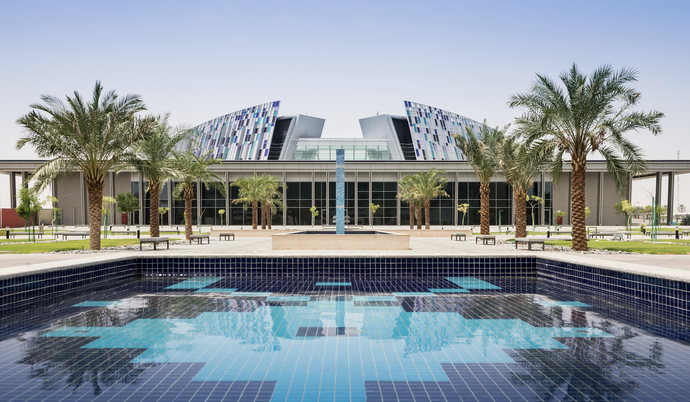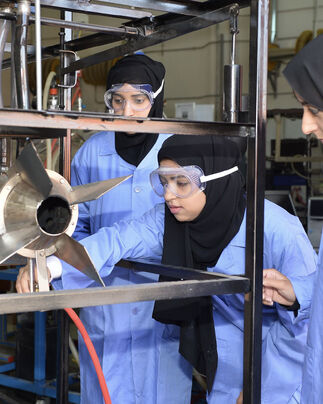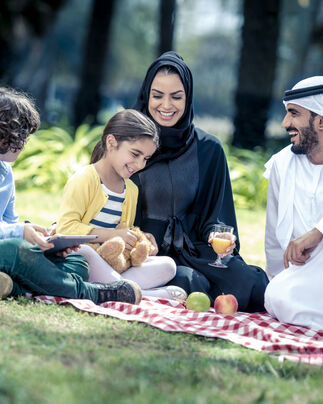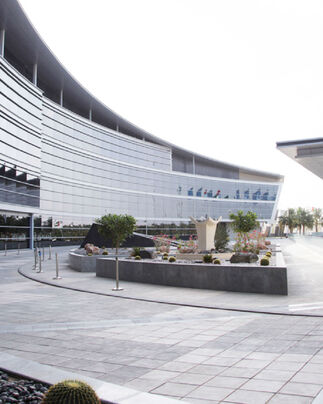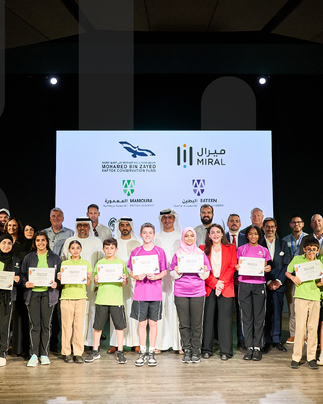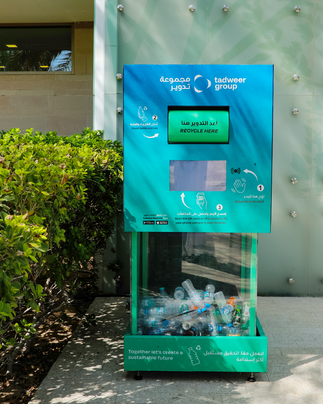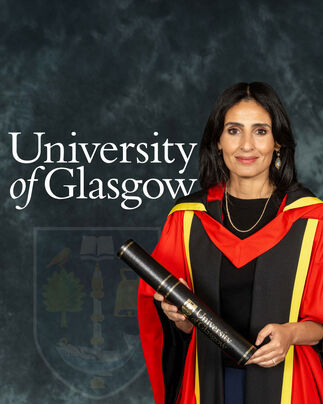The United Arab Emirates University has aligned its research priorities with COP28 UAE’s historic deal by reviewing its future strategic research directions.
Professor Ahmed Ali Murad - Associate Provost for Research at the UAE University, said: “The university follows a roadmap that empowers youth through research activities, and enhances local and international cooperation to achieve the goals of climate neutrality 2050. The university also employs the outcomes of COP28 UAE in strengthening its roadmap beyond the conference. The first phase of the roadmap focused on the Year of Sustainability, in which 25 different events were organised. The second phase coincided with COP28 UAE from November 30 to 12 December 2023, during which 15 major events were organised. The third phase extends from 13 December 2023 until the end of the current strategic cycle in December 2026.
Professor Ahmed Ali Murad added that the COP28 UAE historic consensus constitutes the basis of the third phase of the roadmap.
Many events will be organised, including international scientific conferences, research initiatives, community activities, and development of relevant academic programmes. This will enhance awareness of environmental conservation and emphasise the importance of community participation in promoting sustainable development.
The United Arab Emirates University has identified water, energy, food, agriculture, and sustainability as strategic research priorities, according to the research and innovation strategy (2023-2026).
Professor Ahmed Ali Murad emphasised that, in response to COP28 UAE’s historic consensus, the UAE University will launch research topics at the beginning of its next cycle of the research funding programme. The submission of proposals will begin in the first week of January 2024 and will continue for three months to the end of March.
Within the main strategic theme of water, energy, food, agriculture sustainability, the following research topics will be included: water security and climate change, food systems and sustainable agriculture, ecosystems and biodiversity, infrastructure resilience, climate and health, and protecting cultural under the conditions of climate change.


